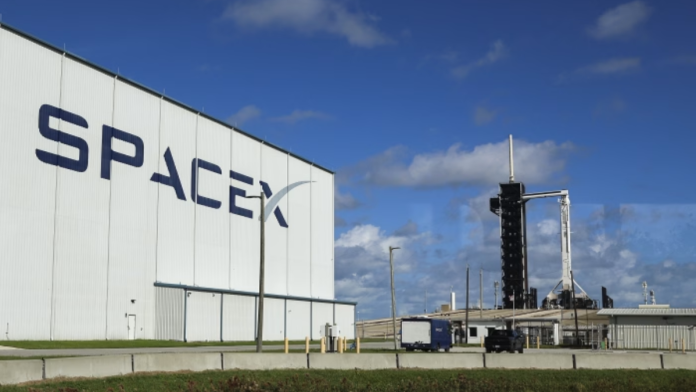SpaceX, founded by Elon Musk in 2002, has become one of the most powerful private companies in the world. It builds rockets, launches satellites, and operates Starlink, a satellite internet service with millions of users. The company has also been valued at more than $350 billion, making it one of the most valuable private businesses in history.
Much of its rise has been supported by the United States government. Internal financial documents show that in 2020, nearly 84 percent of SpaceX’s total revenue came directly from federal contracts. These deals include carrying cargo for NASA, building rockets for national security, and providing satellite services for defense agencies. By 2021, federal contracts still made up more than three-quarters of the company’s revenue.
Billions of dollars have flowed from taxpayers into the company over the last two decades. Yet while this support has helped SpaceX grow, the company has managed to legally avoid paying much in federal income taxes.
Years of Losses Create a Tax Shield
Like many technology start-ups, SpaceX lost money for many years as it poured billions into building rockets and infrastructure. In its early years, losses were in the millions. By 2020, the losses had grown to $341 million, and in 2021 they reached $968 million.
Understanding Bahrain’s tax rules: from low taxes to new obligations
By the end of 2021, the company had recorded more than $5 billion in accumulated losses. These losses turned into a powerful tax benefit known as a “net operating loss carryforward”. In simple terms, this allows a company to use past losses to cancel out future profits when calculating taxes.
A change in tax law signed by Donald Trump in 2017 removed the expiration date on these benefits. This means that SpaceX can use nearly $3 billion of its past losses for as long as it wants, lowering its tax bill indefinitely. Tax experts, including Gregg Polsky, say this makes it highly unlikely that the company has paid much, if anything, in federal income taxes over the years.
The documents show that while the company did report small amounts of income tax payments, these were mostly to state governments or foreign countries. For example, in 2021 SpaceX expected to pay $483,000 in foreign income tax and $78,000 in state tax. That same year, it reported only $6,000 in other income tax payments.
Danielle Brian, executive director of the Project on Government Oversight, said that while such tax benefits were designed to help struggling companies survive, it was unusual to see them applied to a company as financially strong as SpaceX.
Profits Without Federal Taxes
Although SpaceX has the ability to avoid federal taxes, the company is far from struggling today. Internal documents revealed that its core business operations brought in roughly $5 billion in earnings last year, almost double the $2.6 billion it reported the year before.
Trump says India has reduced Russian oil imports and warns of secondary tariffs
Revenue has also grown quickly. In 2023, SpaceX told investors that it made about $7.4 billion. By 2024, the company expected that number to more than double to $15.5 billion. Much of this growth has come from Starlink, which had about 2.5 million users in 2023 and six million by the following year. The satellite internet service generated around $8 billion in revenue last year, surpassing the company’s rocket division.
Despite these strong financial results, the company’s past losses and the tax rules it can use mean it may not pay federal income taxes for years. Robert Willens, a tax accounting analyst, explained that companies with long histories of losses often warn investors that they may never use all of their tax assets.
The investor list also shows well-known names connected to the company. Len Blavatnik’s investment firm, Access Industries, appeared in a 2020 document, along with his brother Alex Blavatnik. Chris Anderson, head of TED Talks, was also identified as an investor through a private company.
While SpaceX, led by Elon Musk and its president Gwynne Shotwell, continues to dominate the rocket and satellite industry, the contrast between billions in government funding and minimal federal tax payments remains striking.


